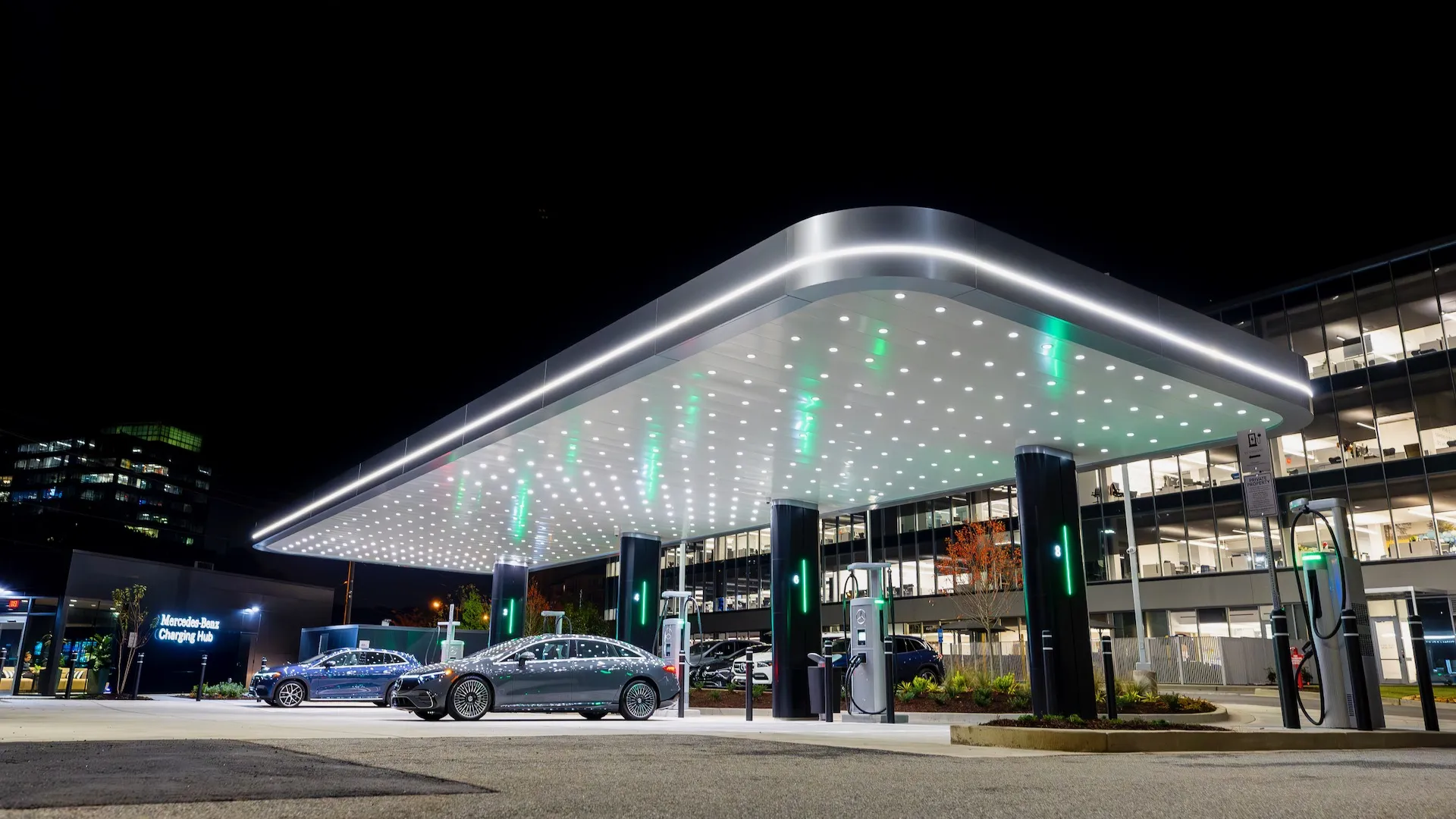Envision a future where gas-powered vehicles are phased out by 2035, reshaping the automotive landscape and influencing our daily lives. On the positive side, transitioning to electric vehicles promises a substantial reduction in greenhouse gas emissions, improved air quality, and technological advancements propelling innovation in battery technology and energy storage.
However, challenges such as infrastructure development, cost implications, range limitations, and potential job market shifts in the auto industry must be addressed for a seamless transition to a gas-free future.
The decision demands a thoughtful and comprehensive strategy that balances environmental sustainability with practical considerations, ensuring a successful transformation in the automotive realm.
Environmental Sustainability: Pro

The most compelling argument for phasing out gas-powered vehicles is the significant reduction in greenhouse gas emissions. Transitioning to electric vehicles en masse contributes to mitigating climate change and reducing the environmental impact of traditional combustion engines.
Improved Air Quality: Pro

Eliminating tailpipe emissions from gas-powered vehicles significantly enhances air quality, especially in urban zones. This reduction in air pollution holds the potential to enhance respiratory health and reduce the prevalence of associated illnesses. The positive impact on public well-being underscores the crucial role of transitioning to electric vehicles for a healthier and sustainable future.
Technological Advancements: Pro

A shift to electric vehicles drives technological advancements in battery technology, energy storage, and electric drivetrain systems. This innovation fosters a more dynamic and competitive automotive industry, with potential spillover effects on other sectors.
Reduced Dependency on Fossil Fuels: Pro

Phasing out gas-powered vehicles aligns with extensive endeavors to diminish reliance on fossil fuels. This strategic shift towards electric vehicles plays a pivotal role in fostering a more sustainable and resilient energy landscape. It represents a conscientious step towards reducing environmental impact and advancing a cleaner, forward-looking energy paradigm.
Job Creation in Renewable Energy: Pro

The flourishing electric vehicle market catalyzes a demand surge for renewable energy sources, a ripple effect that actively generates employment within the renewable energy sector. This not only promotes economic growth but also cultivates industries that align with the principles of environmental sustainability, underscoring the profound positive impact of transitioning to electric vehicles.
Infrastructure Challenges: Con

Building a comprehensive network of charging infrastructure is a monumental task. Skeptics argue that the current infrastructure is inadequate, and the rapid transition may lead to challenges in providing sufficient and accessible charging stations.
Cost Implications: Con

The upfront cost of electric vehicles remains a barrier for many consumers. Phasing out gas-powered vehicles may disproportionately affect lower-income individuals who may find it financially challenging to make the initial investment in an electric vehicle.
Range Anxiety: Con

The limited range of electric vehicles compared to traditional cars contributes to “range anxiety,” the fear of running out of battery power before reaching a charging station. This psychological barrier may impede widespread adoption, especially for those accustomed to the convenience of gasoline.
Impact on Auto Industry Jobs: Con

The transition could lead to a significant shift in the job market, potentially displacing workers in traditional automotive manufacturing sectors. Job losses and retraining challenges may arise as the industry pivots towards electric vehicle production.
Limited Vehicle Model Options: Con

Currently, the variety of electric vehicle models available is limited compared to the diversity of gas-powered vehicles. Phasing out gas-powered cars may reduce consumer choice until the electric vehicle market matures and offers a broader selection.










